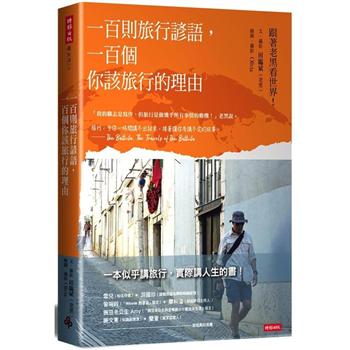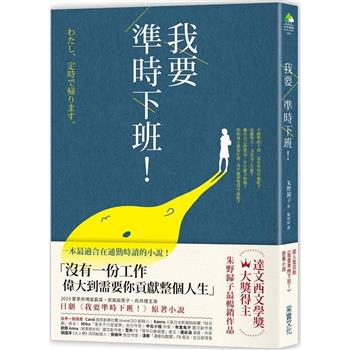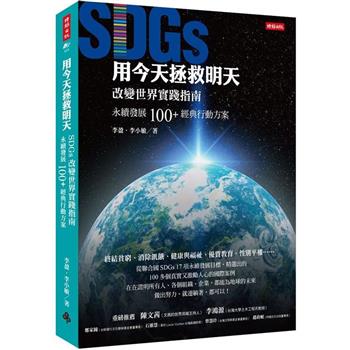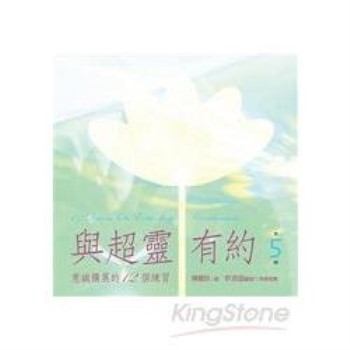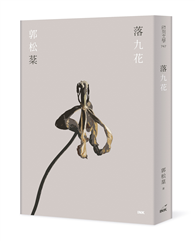Ray Thomas Smith is a career specialist in the history and culture of India. He holds a doctorate from the University of California, Berkeley. He first visited India on a Fulbright grant and later returned under an American Institute of Indian Studies grant. During these two research trips and a third, private visit he was able to travel widely by second and third class rail, with indelible experiences of India’s passing scene. Besides research in the libraries and universities of New Delhi, Allahabad, Calcutta, Bombay, and Madras he crisscrossed almost the entire subcontinent from the temple-towns of Uttar Pradesh to those of Tamilnadu, and from Buddhist sites in and around Banaras (Varanasi) to the rock-cut caves of Ajanta and Ellora, and south to Calicut and Cochin fronting the Arabian Sea. Intermixed with it all he experienced the Monsoon, "the Rains" which year after year, century after century have shaped India’s internal travel, trade, religion, war, literature, architecture, and all the arts. Meanwhile the red sandstone and white marble of Mughal palace and tomb became a lifelong fascination - along with lives of emperor after emperor, but especially the great Akbar, the Muslim philosopher-king so bold that he would welcome even the Jesuits of Goa into his court. After more research on the Mughal empire, its neighboring Muslim states in the Deccan, and the Portuguese colony of Goa, he began sketches for a novel, which has become The Persian Jesuit: A Romance of India in the Age of Akbar.
| FindBook |
有 1 項符合
The Persian Jesuit: A Romance of India in the Age of Akbar的圖書 |
 |
The Persian Jesuit: A Romance of India in the Age of Akbar 作者:Ray Thomas Smith 出版社:Trafford Publishing 出版日期:2009-12-17 語言:英文 規格:精裝 / 324頁 / 22.86 x 15.24 x 2.24 cm / 普通級/ 初版 |
| 圖書館借閱 |
| 國家圖書館 | 全國圖書書目資訊網 | 國立公共資訊圖書館 | 電子書服務平台 | MetaCat 跨館整合查詢 |
| 臺北市立圖書館 | 新北市立圖書館 | 基隆市公共圖書館 | 桃園市立圖書館 | 新竹縣公共圖書館 |
| 苗栗縣立圖書館 | 臺中市立圖書館 | 彰化縣公共圖書館 | 南投縣文化局 | 雲林縣公共圖書館 |
| 嘉義縣圖書館 | 臺南市立圖書館 | 高雄市立圖書館 | 屏東縣公共圖書館 | 宜蘭縣公共圖書館 |
| 花蓮縣文化局 | 臺東縣文化處 |
|
|
圖書介紹 - 資料來源:博客來 評分:
圖書名稱:The Persian Jesuit: A Romance of India in the Age of Akbar
|
